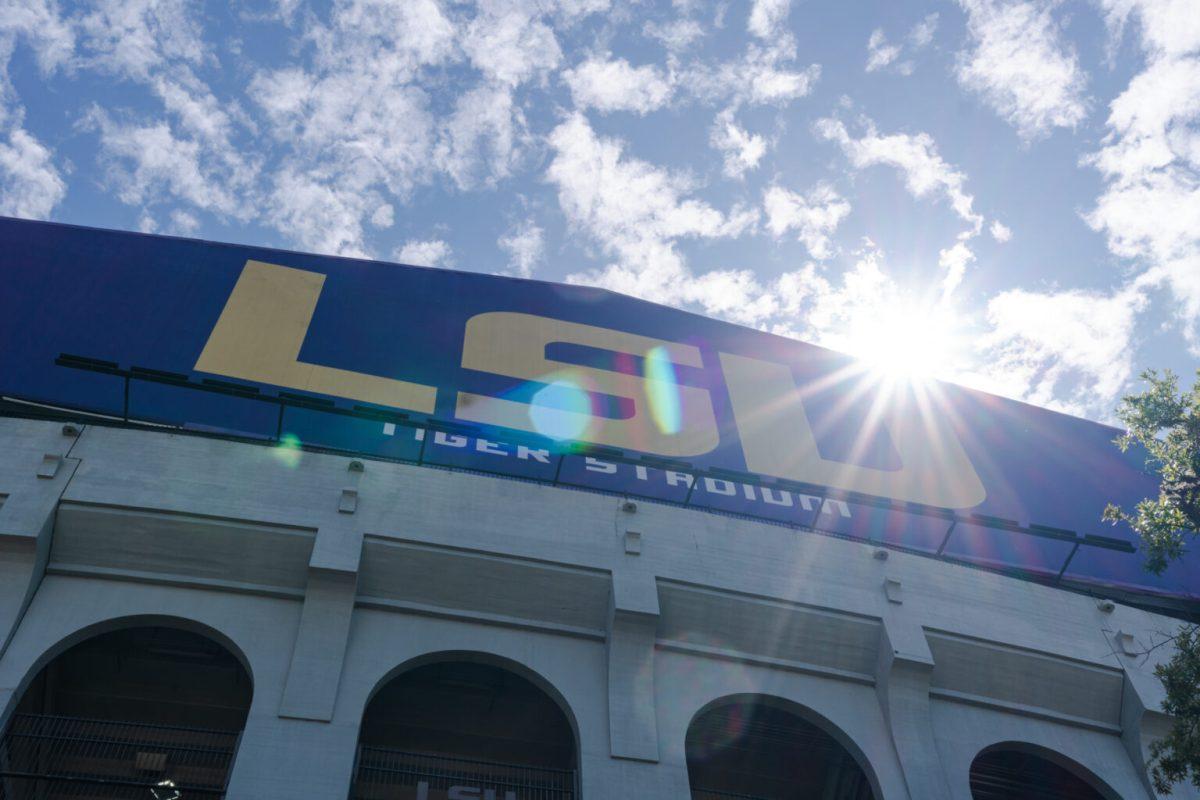Outstanding University library fees can adversely affect students’ credit scores if they leave the University without paying the fees. Nancy Colyar, assistant dean of Middleton Library, said students who do not pay their late fees are reported to the University’s Office of Bursar Operations Division. She said the University does have a policy of reporting student’s fees to a credit agency after the semester. Bursar Operations handles all late fees at the University, including library fees that are reported to its department. It sends a monthly bill notifying students to pay its late fees. Daryl Dietrich, associate director of Bursar Operations, said if a student continues to ignore notices, the office sends a letter warning the student to pay in 30 days, or the student will be reported. Larry Butcher, director of Bursar Operations, said the office does not notify the credit agencies until the middle of fall or spring semester, and they only send reports on students with substantial fines. “If a student owes library fees they probably have other fees from the University,” Butcher said. “It would also have to be multiple charges on their account.” Bobby Beaird, physics graduate student, said he checks out books and renews them at the end of the semester. But a couple semesters ago, several of his books could not be renewed, and he accumulated $300 in late fees. “I was not given warning that my books were due, Beaird said. “I know I was disheartened about my library fees. I would be even more disheartened if a credit agency was notified about my fees.” Dietrich said the department “will work with current students to pay off debts” and will make attempts to contact former students with outstanding fees. “I don’t know if it’s unethical to report fees to agencies, but it’s unethical for the library to charge so many late fees.” said David Bennett, electrical engineering sophomore.
—-Contact Joy Lukachick at [email protected]
Library fees could affect credit
January 23, 2008





